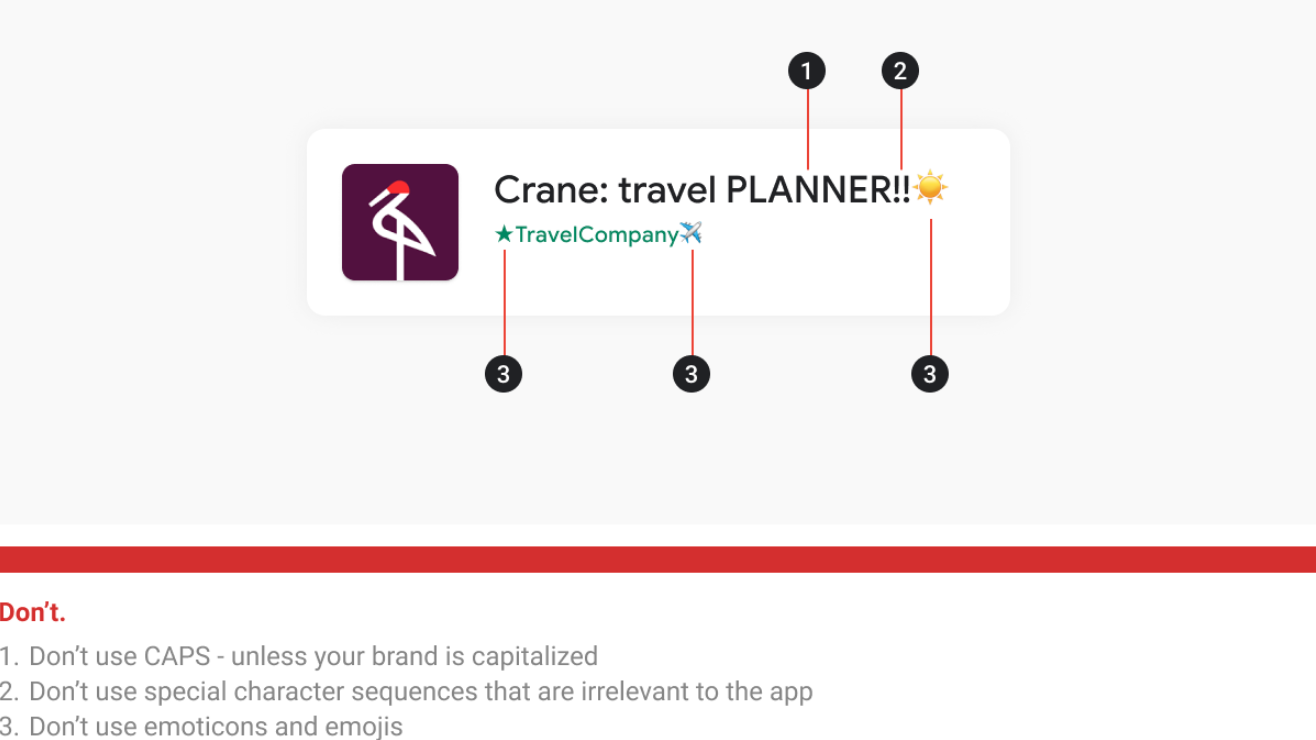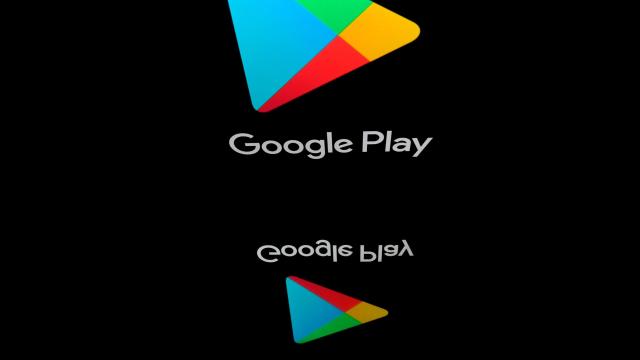In an attempt to boost confidence in its Play Store offerings, Google has announced new rules that will look to weed out misleading, low-quality apps from its marketplace.
In an update published Thursday, the company announced new metadata policies designed to moderate how developers present their apps. The rules, meant to drive more “meaningful downloads” for consumers, will take effect later this year.
Google has often struggled with marketplace quality control. It’s not just the rashes of malicious, trojanised apps that routinely crop up. The more widespread problem is the issue of spammy apps — lesser quality “clone” apps that are designed to look like legitimate ones, or apps that have low functionality or just don’t do what they say they will do. In the past, the company has gone to certain lengths to de-incentivise and eliminate sketchy practices used to drive downloads and illegitimately boost reputation — though the problem still obviously persists.
The newly announced rules seek to provide some dos and don’ts when it comes to previewing assets — asking developers to provide “a clear and precise app title and brand name” that is limited to 30 characters long. At the same time, there is a list of assets that will no longer be tolerated. Caps lock? Bad. Emojis: also bad. Emoticons and special characters will also be banned or discouraged. Lots of exclamation points? It goes without saying that — as the unfortunate “Crane: travel PLANNER!!” below shows — that sort of enthusiasm will not be tolerated.

The rules also prohibit “keywords that imply store performance, promotion in the icon, title and developer name,” meaning that apps shouldn’t advertise deals or use cheap methods to incentivise downloads.
Basically, Google is telling developers to leave the used car dealership, sign-spinning antics at home and be more straightforward with how they present their products. This tactic will likely boost downloads for apps that can rely on their pre-established brand reputation, while hopefully shutting out apps that don’t actually have anything to offer consumers.
“App title, icon and developer name that do not meet the upcoming policies will not be allowed on Google Play. You can expect more details about this policy change, including enforcement start dates, later this year,” the update states.
While the company doesn’t give a firm deadline for when these rules will take effect, it says that the company will “start using these guidelines to inform our recommendations starting in the second half of 2021.”
